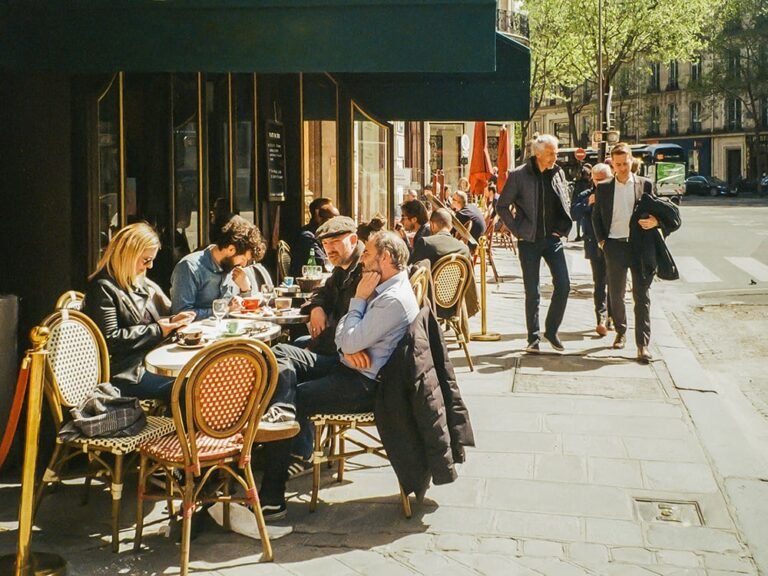pendre la crémaillère
The French saying “pendre la crémaillère” translates literally as “to hang the rack.” What it means is “to celebrate moving into a new home.”
The idiom dates back to the 16th century, when cooking was done in the hearth. A toothed or notched bar (known as a “rack” in English) enabled the cooking pot to be suspended at different heights above the fire. Lower heights brought the pot closer to the fire, creating a stronger heating effect, while moving the pot up reduced the intensity of the heat, useful for slower cooking and avoiding burning the food.
Building a house in those days was a community effort. Relatives and neighbours would all pitch in and help build the house. It was important to show gratitude to everyone who had helped you build your house. This was done by inviting them to the “pendaison de la cremaillère,” which was the “hanging of the rack” upon which the cooking pot would, in turn, hang over the fire.
The English equivalent of this expression is “to have a housewarming party.”






